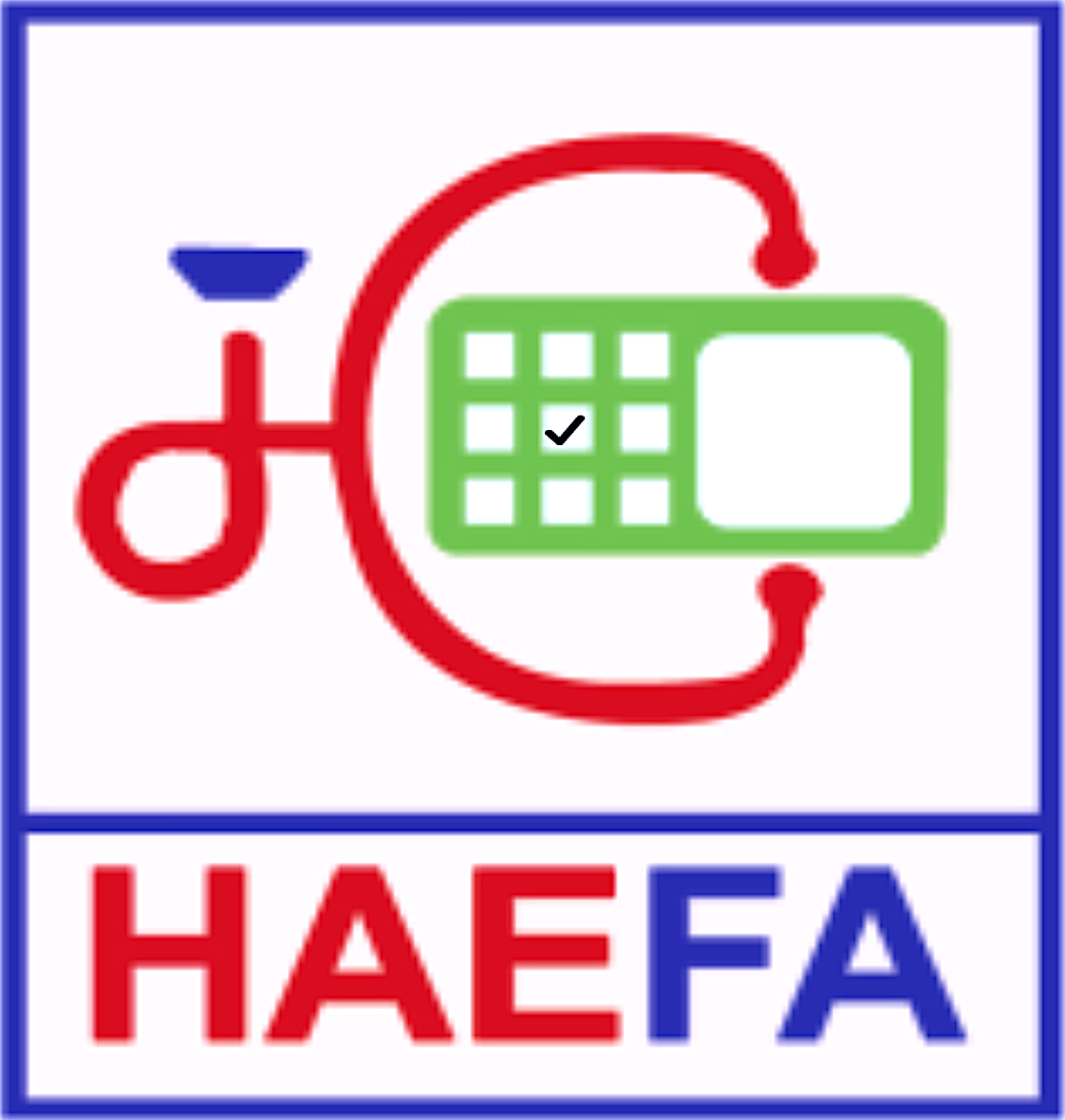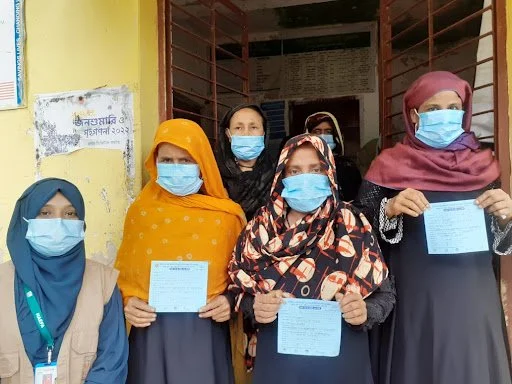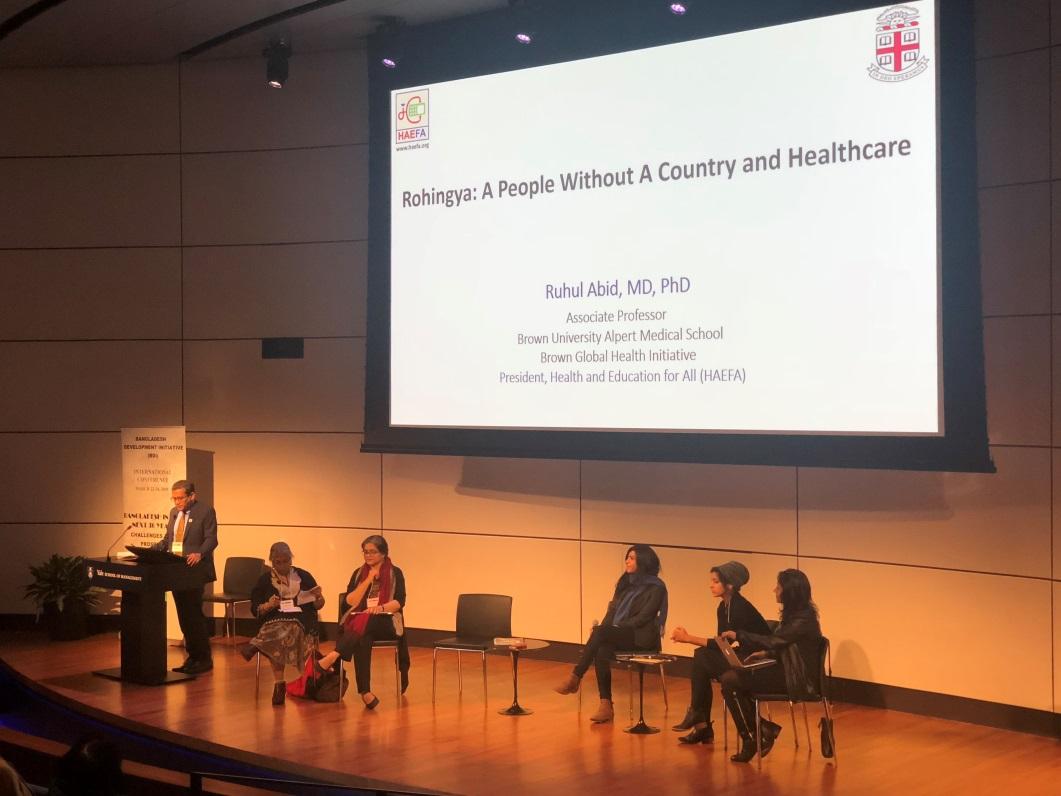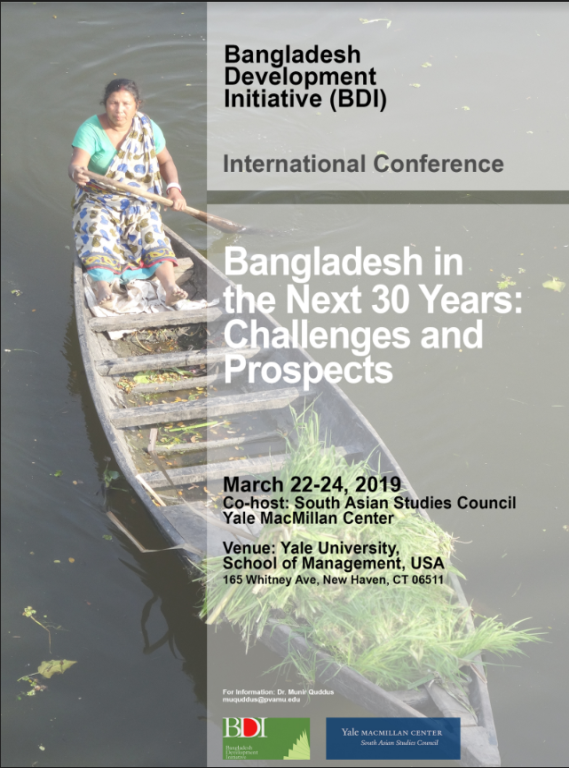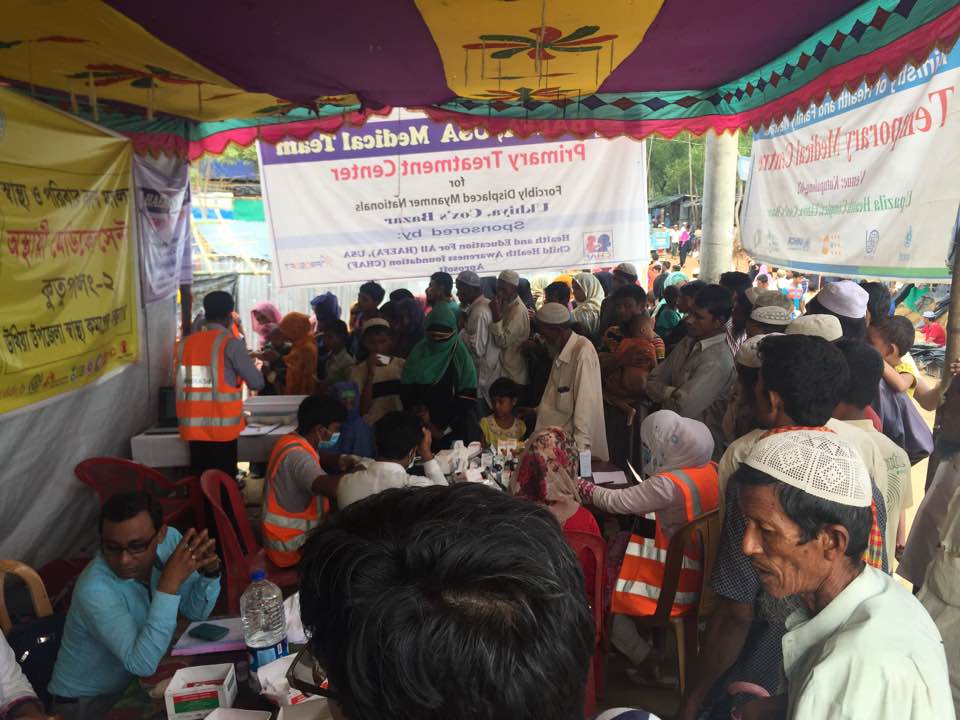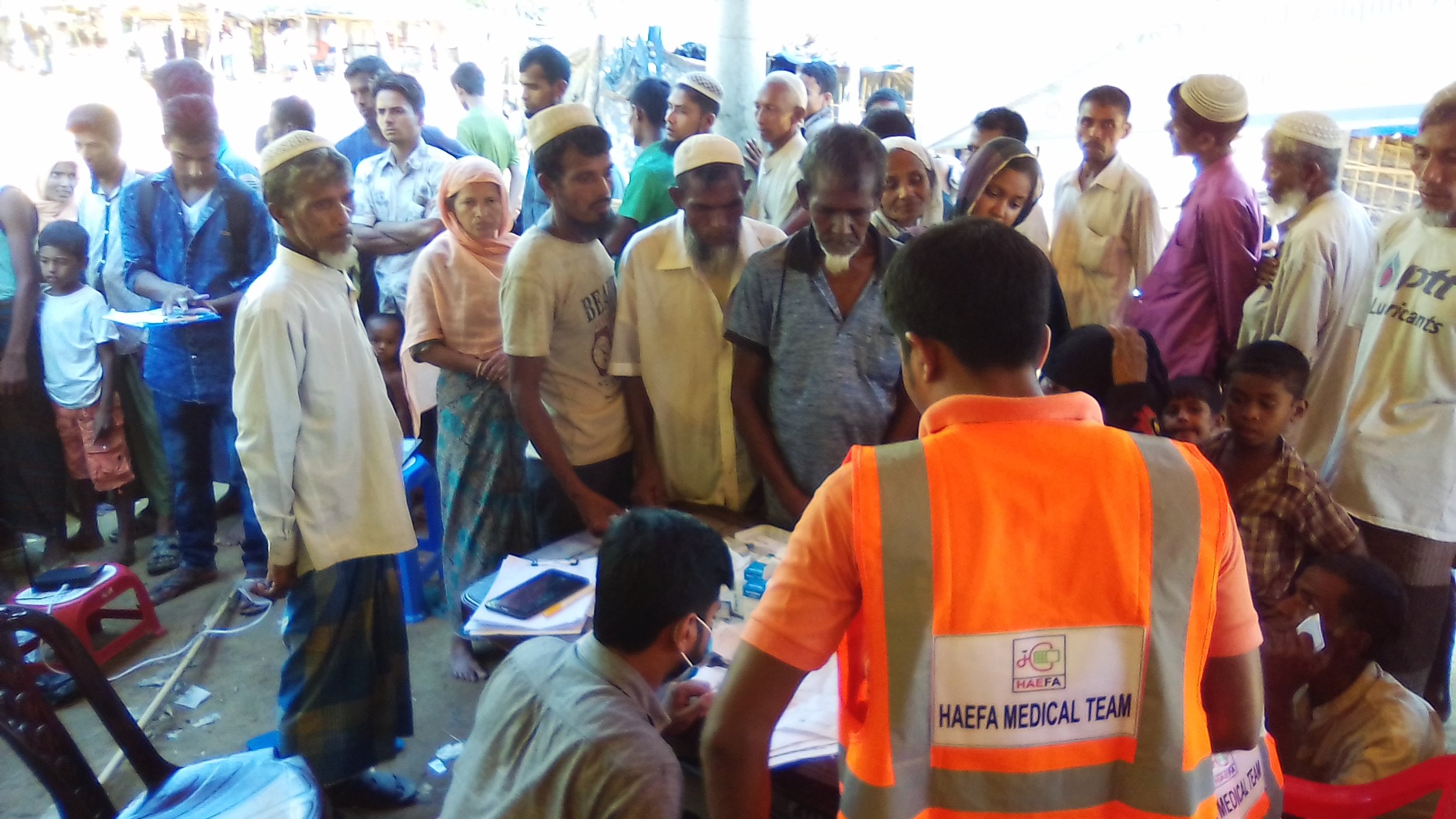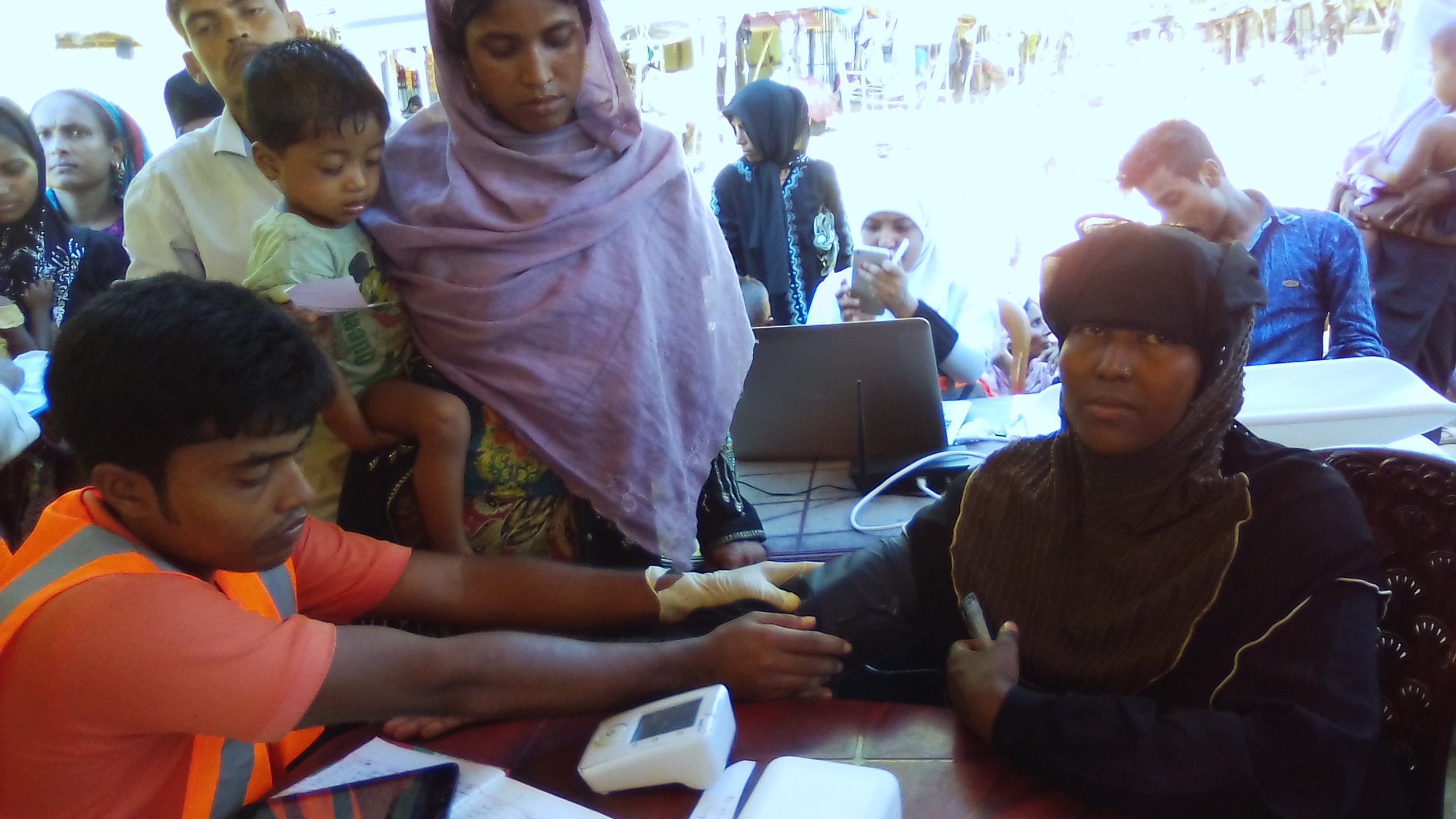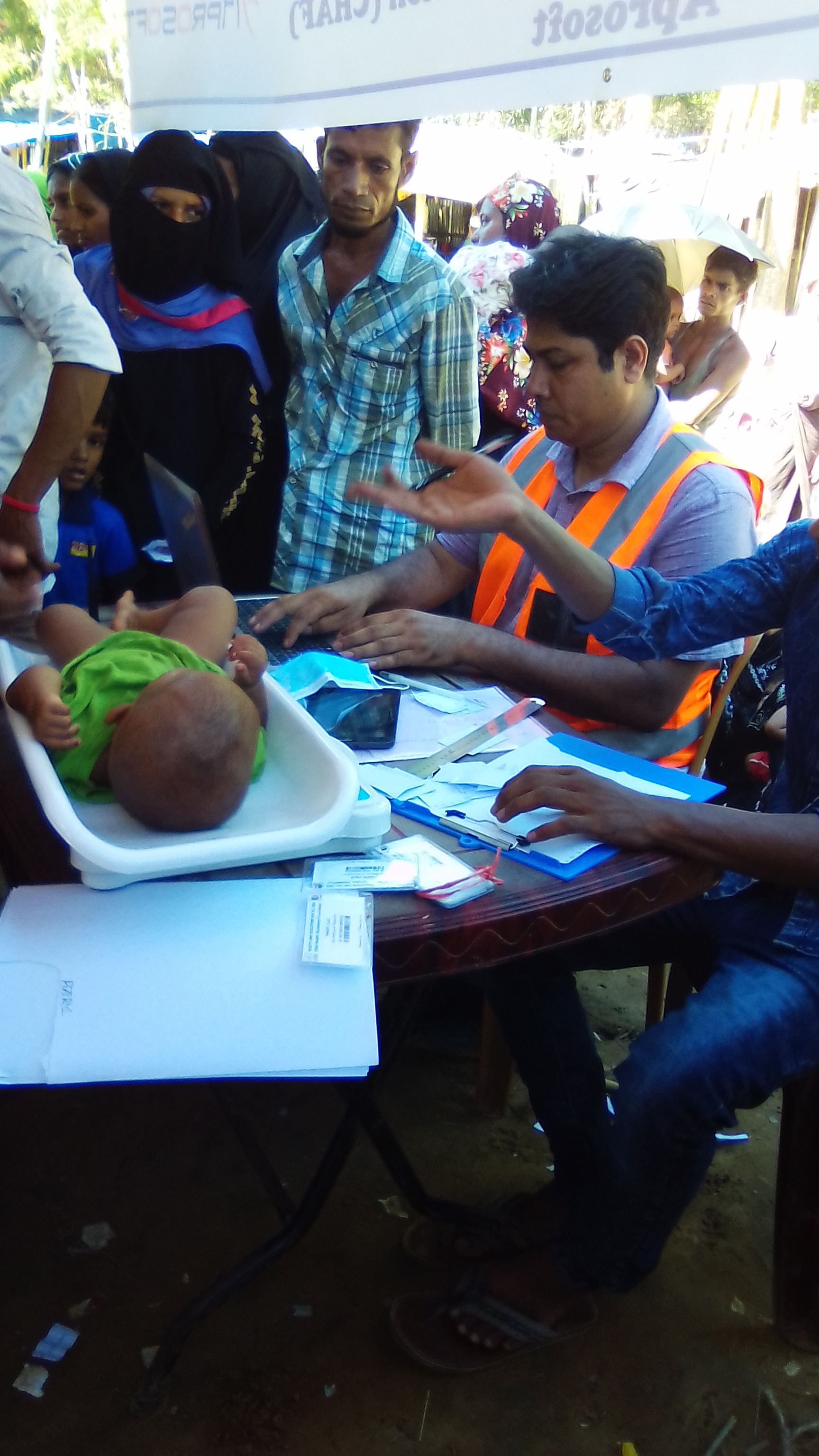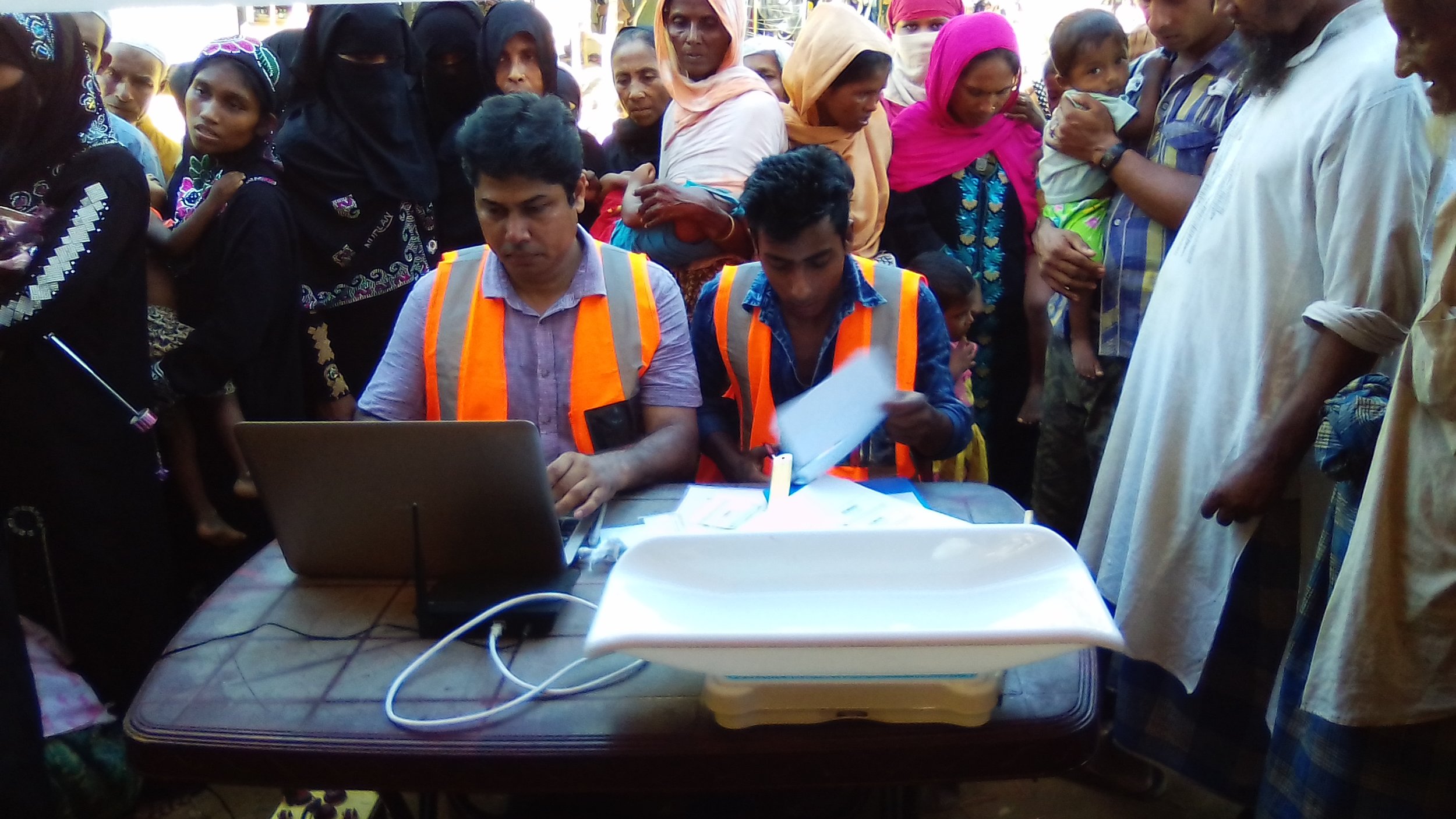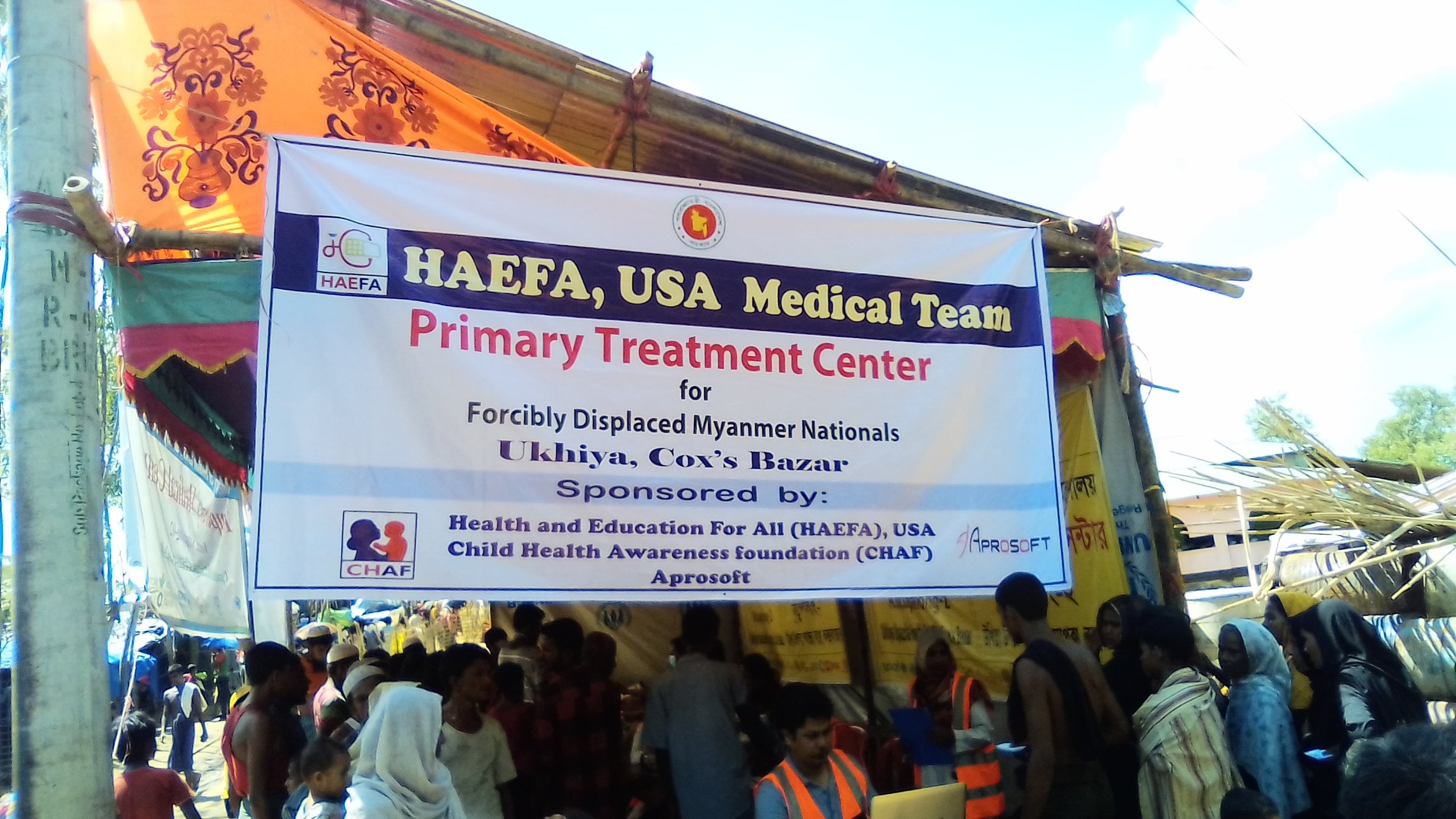HAEFA’s COVID-19 Training-of-Trainers
In response to the COVID-19 pandemic, Brown University undergraduate Jenna Mullen sourced and coordinated a 4-day COVID-19 training program for healthcare workers administered by Brown University and Project HOPE, facilitated by HAEFA. Utilizing a Training of Trainers model, 75 healthcare workers in the camps and in Dhaka from over 20 different organizations were directly trained. The next wave of training facilitated by HAEFA will prepare 3,000 healthcare workers to combat COVID-19 efficiently and protect themselves.
HAEFA partnered with Brown University's Watson Institute and Project HOPE which recently collaborated to develop a COVID-19 training program for health workers in high-risk countries. Project HOPE previously provided support to frontline workers in China, North Macedonia, Kosovo, Colombia, Indonesia and Ethiopia. Project HOPE was one of the few humanitarian organizations with a response team on the ground in China. HAEFA’s healthcare workforce received this training along with health workers from 20 distinct organizations. HAEFA’s physicians, MATS, midwives, lab technologists, health workers, IT, project coordinators, and the COO all participated in the training. This COVID-19 ToT training was conducted online for Ukhiya and Cox's Bazar government and non-governmental physicians, nurses and other health workers (as well as 8 Divisional Advisors, Bangabandhu Sheikh Mujib Medical University (BSMMU), International Centre for Diarrhoeal Disease Research, Bangladesh (ICDDRB), National Heart Foundation (NHF), Kurmitol Hospital, and Kuwait Bangladesh Hospital).
Training taught and evaluated core competencies, including biology and transmission mechanisms; infection prevention and control; contact tracing; screening and triage; diagnosis and management; stabilization and resuscitation; health facility operations and surge capacity; and risk communication and public health messaging. The program used the Training-of-Trainers model to engage master trainers and coach new trainers.
The ToT training was a 4-day program, including 3 hours per day, administered via Zoom. Training was conducted the week of the 19th of April starting at 6pm Bangladesh Standard Time (according to overall group preferences).
The schedule for the program was as follows:
Day 1– Monday, April 20, 2020
7am EST– Intro/ Background Module (Presented by Dr. Foggle)
8am EST– IPC (Presented by Dr. Foggle)
9am EST– Case Exercise (Presented by Dr. Foggle)
Day 2– Tuesday, April 21, 2020
7am EST– Surveillance (Presented by Dr. Karim)
8am EST– Screening/Triage (Presented by Dr. Karim)
9am EST– Case Exercise (Presented by Dr. Karim)
Day 3– Wednesday, April 22, 2020
7am EST– Stabilization/Resuscitation (Presented by Dr. Aluisio)
8am EST– Diagnosis/Management (Presented by Dr. Aluisio)
9am EST– Case Exercise (Presented by Dr. Aluisio)
Day 4– Thursday, April 23, 2020
7am EST– Surge Capacity (Presented by Dr. Aung)
8am EST– Risk Communication (Presented by Dr. Aung)
9am EST– Case Exercise (Presented by Dr. Aung)
We hope this program will exponentially increase the number of healthcare professionals are trained and prepared to deal with this crisis and reduce its impact in Bangladesh.
